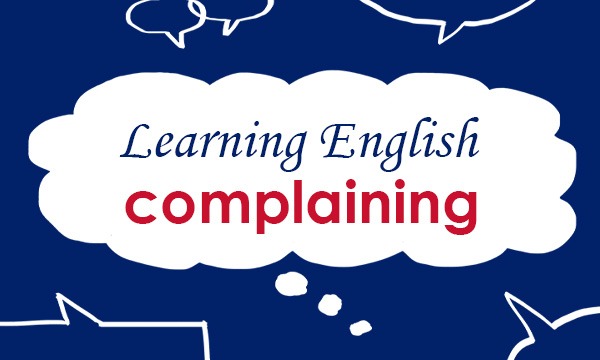
There are some situations where things are just not up to what you expect, and you want to let people know or complain about it.
If you want to say that something is not good enough, you can use I’m not happy with … or I’m disappointed with …
I’m not happy with the food.
I’m not happy with my room.
I’m disappointed with the view.
I’m disappointed with the standard of the service.
A simple way to start a sentence explaining what it wrong is with It’s …
It’s very cold in my room.
It’s too expensive.
It’s not big enough.
To give your opinion on something, use I think … or I don’t think …
I think the beds are really uncomfortable.
I don’t think the rooms are cleaned often enough.
To talk about something that should not be there, use There’s … or There are …
There’s too much noise.
There’s dirt all over the floor.
There are damp patches on the wall.
If you think you should have something that you do not have, use There isn’t … or There aren’t ..
There isn’t any hot water.
There isn’t anywhere to keep my bike.
There aren’t any fresh towels.
In some cases, you may want to talk about an event or an activity that is now over, use It was … or They were …
It was really expensive.
It was a waste of time.
It was difficult to find.
I wish I hadn’t bought the tickets. They were a waste of money.
Come back for more blogs on using English in everyday situations: https://blog.collinsdictionary.com/language-learners/learning-english/
All opinions expressed on this blog are those of the individual writers, and do not necessarily reflect the opinions or policies of Collins, or its parent company, HarperCollins.



